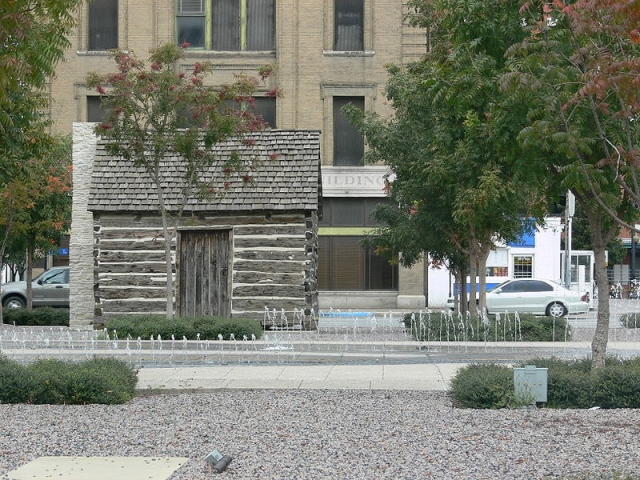The Journey to Icarie and Reunion: A Romance of Socialism on the Texas Frontier
Historian article

The viewer of the internationally popular television show Dallas was routinely treated to an aerial tour that skimmed across the open prairie over the distinctive skyscrapers across the fifty-yard line of Texas Stadium and up the manicured pastures of South Fork.
This façade of larger-than-life Texana reflects an urban reality in which money lavishly spent is the ultimate mark of social acceptability and poverty is a condition that can safely be attributed to weakness of the poor themselves. In light of Dallas's well earned reputation for conservatism in the latter half of the twentieth century, one of the greatest anomalies in the city's past occurred during the mid-nineteenth century when the region was settled by men of radically different beliefs.
The era of Dallas's birth was an era of great change in both Europe and America. The French Revolution left a greater gap between classes than the great social chasms of the ancien régime. With the Le Chapelier law (1791), the unfettered right to acquire property became a guiding principle. The ultimate victims of this move were the workers who saw their labor organizations outlawed. In this uperheated environment socialism was born...
This resource is FREE for Student HA Members.
Non HA Members can get instant access for £2.75

